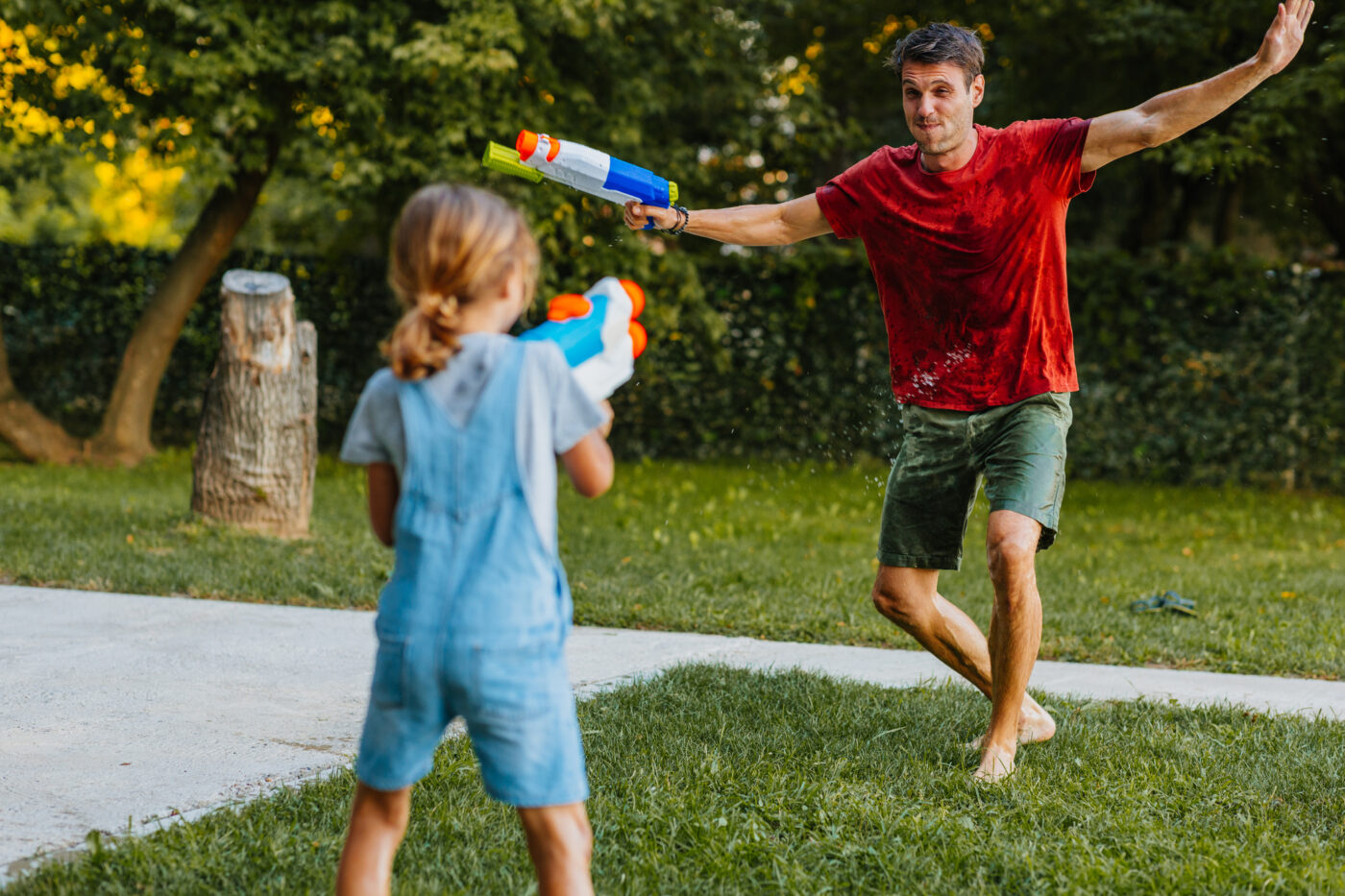While researching this topic, I was reading an article about our shortening attention spans, from two and a half minutes 20 years ago to 45 seconds now. As I was trying to read, I kept getting distracted by an Instagram video embedded in the article. A woman standing in front of a fast-moving mobile game with colors jumping everywhere kept grabbing my eyes. I thought it was an advertisement for the game, but no—it was a strategically placed video about our falling attention spans. The length of the video: 45 seconds. Point made.
If the trend continues, I wonder where we’ll be 20 years from now. Will the average reel on social media be three seconds? Is that all our brains will be able to handle before we move on to a quicker reward? It seems that the more we move in this direction, the more frazzled and anxious we become. It’s difficult for adults to maintain a sense of control and discipline, but for our children, it’s impossible. We need to help them by establishing habits and boundaries that will help their attention spans grow, not shrink. Here are 5 ways to combat our kids’ shortening attention spans.
1. Postpone smartphones.
I was at a stoplight yesterday scrolling through social media when I heard a car horn. The light had turned green, and I was just sitting there, holding everyone up. I couldn’t endure the two-minute boredom of a stoplight without entertaining my brain. That was a terrible realization. How much worse is it for kids? We need to postpone the allure of smartphones for our kids. Jonathan Haidt, psychologist and author of The Anxious Generation, argues that parents should wait until kids are in high school to allow smartphones. That gives parents several years to teach them how to live with this new technology while limiting the negative part of it, like shortening attention spans. Clearly, I have some improvements to make in this area too.
2. Delay social media.
It’s crazy to me that we can’t even make it through an entire SNL sketch. Reels just give us the funniest parts. A three minute segment is too long for us to endure. The never ending stream of reels is training our kids’ brains (and ours) to get as quick a reward as possible. If it’s not reels, it’s the likes and views they receive. There’s limited patience, risk, or effort needed. Delay your child getting social media until the high school years, at a minimum. Don’t let them have it until they are able to develop healthy habits and self-discipline.
3. Limit screen time.
Postponing smartphones isn’t enough. There are plenty of other screens that help shorten attention spans. The instant rewards that tablets and computer and video games give our kids brains can be just as damaging as phones. Limits are needed. The American Academy of Pediatrics recommends limits of 30 to 60 minutes on school days and two hours on weekends.
4. Schedule physical play and exercise.
We need to give kids experiences outside of the online world. Build into your child’s schedule physical play and exercise. This is especially important for boys. Boys tend to have a difficult time sitting still and focusing for an extended period of time. A healthy dose of movement helps them focus.
5. Make quiet and focus time a habit in your house.
We are the most distracted and overstimulated people in history. There’s a constant stream of information and dopamine-popping content hitting us all the time. Our brains are overloaded. Romans 12:2 says, “Do not conform to the pattern of this world, but be transformed by the renewing of your mind.” Schedule quiet and focus time in your house. Spend time as a family praying. You may not be a person who prays, but even atheist Jonathan Haidt explains the benefits of prayer in his book The Anxious Generation. It’ll make you and your kids more mindful of your thoughts and increase your attention span.
Sound off: What do you think we need to do about our kids’ attention spans?











Huddle up with your kids and ask, “What are some things that make it harder for you to focus?”